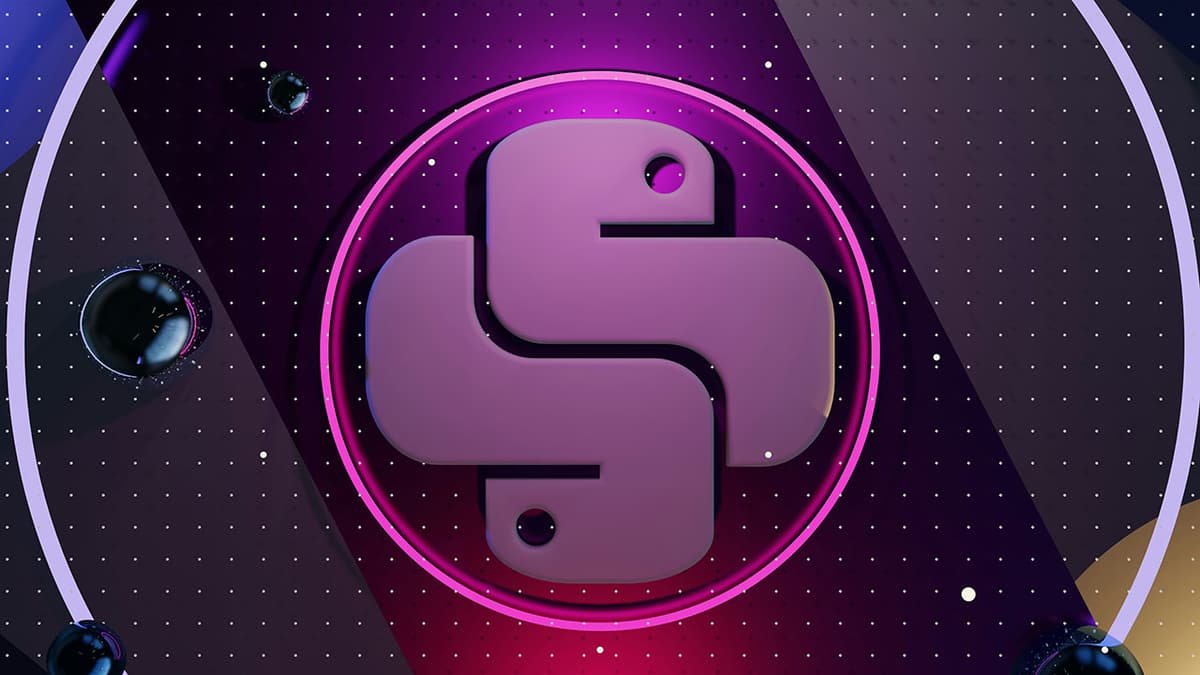How Much Does a CRM Solution Cost?
In the business world, Customer Relationship Management (CRM) solutions are vital for effective customer interactions. The cost of a CRM solution can vary based on several factors. Let’s break down the details for better clarity.
The Basics of CRM
What is a CRM solution? CRM software helps businesses manage their interactions with customers. It organizes customer information, tracks sales, and automates marketing tasks. The goal of a CRM system is to enhance customer relationships and boost sales.
Types of CRM Solutions
There are three main types of CRM solutions:
- Operational CRM: Automates sales tasks and manages customer interactions.
- Analytical CRM: Analyzes customer data for informed decision-making.
- Collaborative CRM: Facilitates seamless information sharing across departments.
Your choice of CRM type can influence the cost.
Pricing Models
CRM solutions come with various pricing models:
1. Subscription-Based Pricing
Many CRMs work on a subscription model. You pay a regular fee, usually monthly or annually. Costs can range from as low as \$10 per user per month to over \$300 per user per month.
2. One-Time Purchase
Some providers offer a one-time purchase option for lifetime access. Prices can range from \$500 to several thousand dollars, depending on complexity and features.
3. Freemium Models
Certain CRM providers offer free versions with limited features. This can be a good choice for small businesses and startups. As needs grow, upgrading may become necessary for additional features.
Factors Influencing Cost
Several factors impact the overall cost of a CRM solution:
1. Size of Your Business
The number of users directly affects costs. Smaller teams benefit from lower monthly fees. Larger organizations may need advanced features, which increase expenses.
2. Features and Functionality
The price rises with more advanced features. Basic functionalities, like contact management, cost less. Features such as automation and AI-driven insights can add to the price.
3. Customization
If customization is needed, expect extra costs. Tailoring a CRM requires resources and may elevate expenses.
4. Support and Training
Support and training are crucial. Some vendors include support in their pricing, while others charge extra. Consider training costs if your team needs assistance to use the CRM effectively.
Hidden Costs to Watch Out For
When budgeting for a CRM, keep an eye on potential hidden costs:
- Integration Costs: Integrating CRM with existing software may incur costs.
- Upgrades: Growing businesses might need plan upgrades or additional features, which can add to expenses.
- Data Migration: Migrating data from an old system may come with fees, particularly if you need specialized services.
Comparing CRM Solutions
Choosing the right CRM can be challenging with many options available. Start by identifying your business needs:
- What features are essential?
- How many users will access the system?
- What is your budget?
Once you know your requirements, compare CRM solutions, focusing on price, reviews, ease of use, and customer support.
The Bottom Line
Investing in a CRM solution is often critical for enhancing customer relationships. Costs can vary widely, but understanding pricing factors helps in finding a suitable solution.
Consider the total cost of ownership, which includes subscriptions, training, support, and potential future features. The cost of a CRM reflects its value in streamlining operations and enhancing customer relationships. Evaluate your needs carefully and choose a CRM that fits your budget and supports your business goals.












